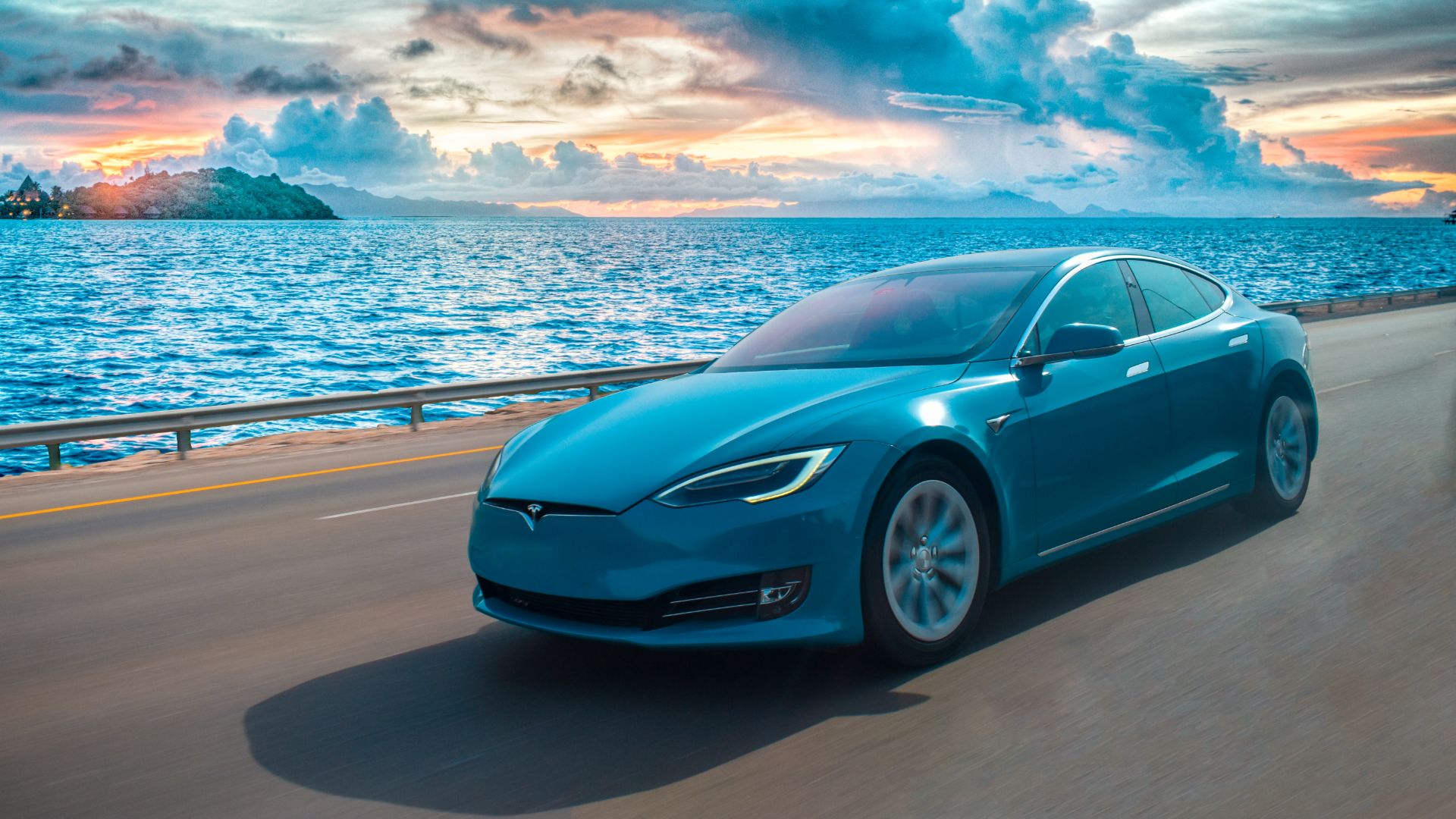
Pure electric cars are driven an average of 9,435 miles a year, new research has revealed. This is more than many popular petrol cars.
Figures from the RAC Foundation show the newest cars in Great Britain travel an average of 10,377 miles in each of their first three years. That’s the equivalent of 28 miles a day.
The high-mileage hero is the Tesla Model S, with the electric car covering an average of 12,392 miles a year. Overall, Tesla cars travel 12,459 miles, with these figures based on a sample of 887 vehicles.
Other significant electric cars include the Nissan Leaf (8,241 miles) and Renault Zoe (5,736 miles).
For context, the Skoda Octavia covers 9,230 miles in petrol form and 14,986 as a diesel. Meanwhile, the Mitsubishi Outlander PHEV averages 12,500 miles a year.
Predictably, diesel cars cover the most miles, averaging 12,496 a year – 67 percent more than new petrol cars.
These figures were collated before the lockdown. Since stay at home measures were introduced, road travel has dropped by 73 percent.
Top 10 average annual car mileage
- Tesla: 12,459
- Mercedes-Benz: 12,100
- Volvo: 11,578
- Ford: 11,488
- Mitsubishi: 11,456
- Volkswagen: 11,282
- Citroen: 11,272
- Renault: 10,924
- BMW: 10,859
- Land Rover: 10,716

Steve Gooding, director of the RAC Foundation, said: “Unsurprisingly people with diesels have been doing most mileage, probably seeking better long-distance fuel economy, but this study is also evidence that battery-electric powered cars are not just trophy vehicles signalling their owners’ green credentials but prior to the lockdown were racking up the miles as everyday transport.
“Tens of millions of people still drive petrol and diesel-powered cars, but this data suggests that owners of electric cars have found them to be a practical proposition, running up the sort of big annual mileages that many of us need to do, challenging preconceptions about their range and the ease of re-charging.
“The next big question is what will happen when the COVID-19 lockdown ends? Some say our travel behaviour might change quite dramatically as we’ve mastered on-line meetings in place of the office routine, but any ongoing desire for social-distancing might yet draw us back to our own cars for the trips we make once the travel restrictions are lifted.”
ALSO READ
Plug-in hybrid Land Rover Discovery Sport and Range Rover Evoque launched